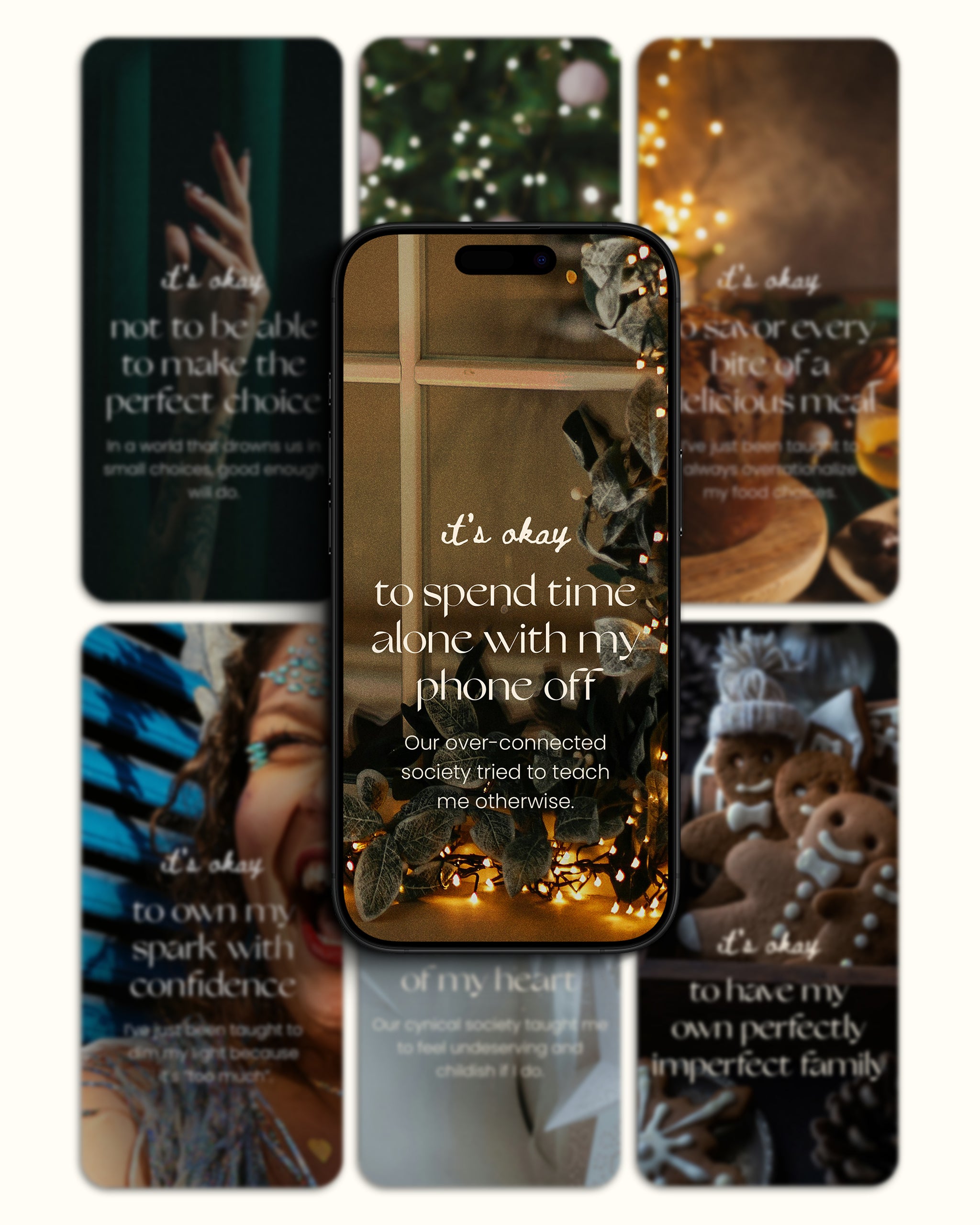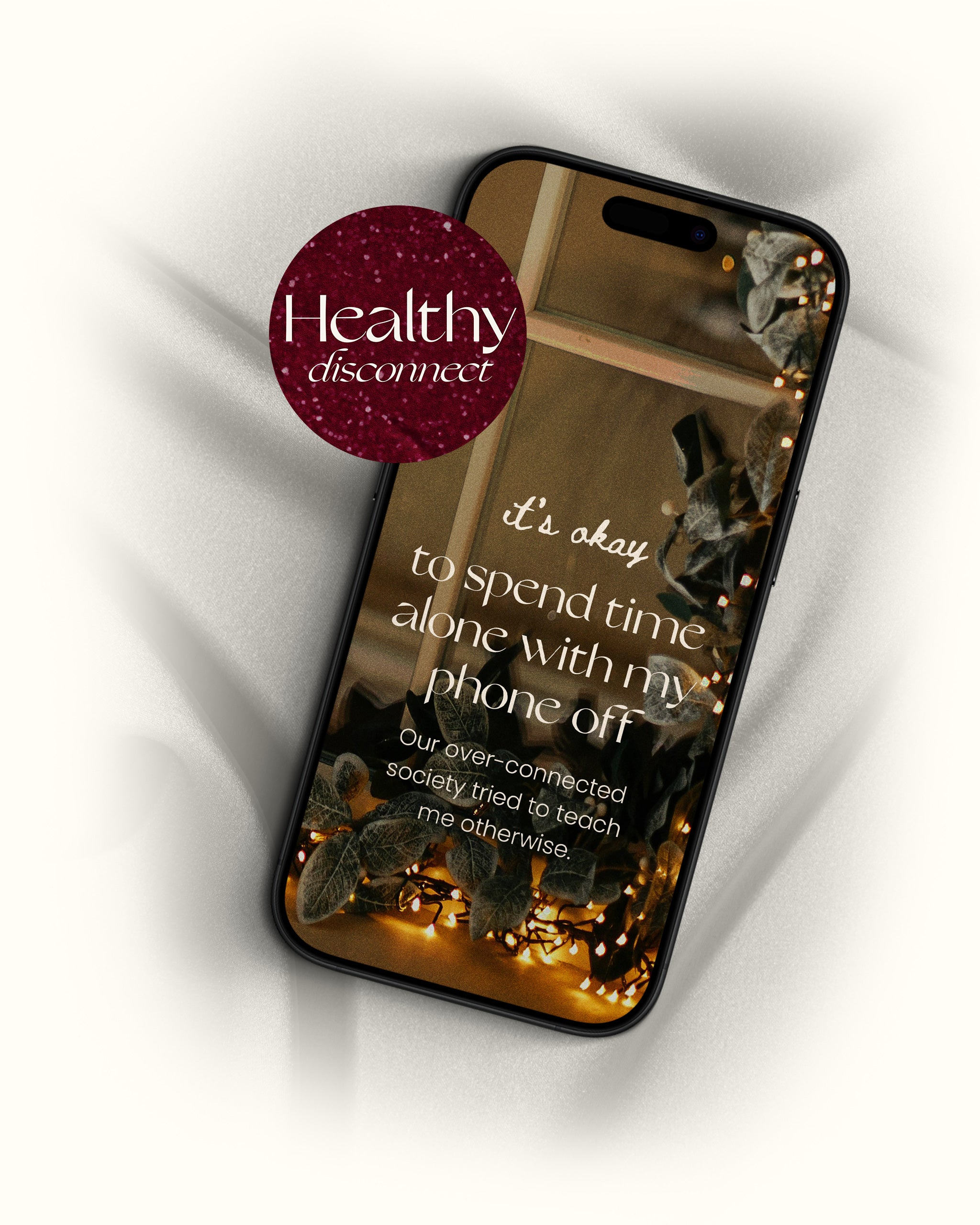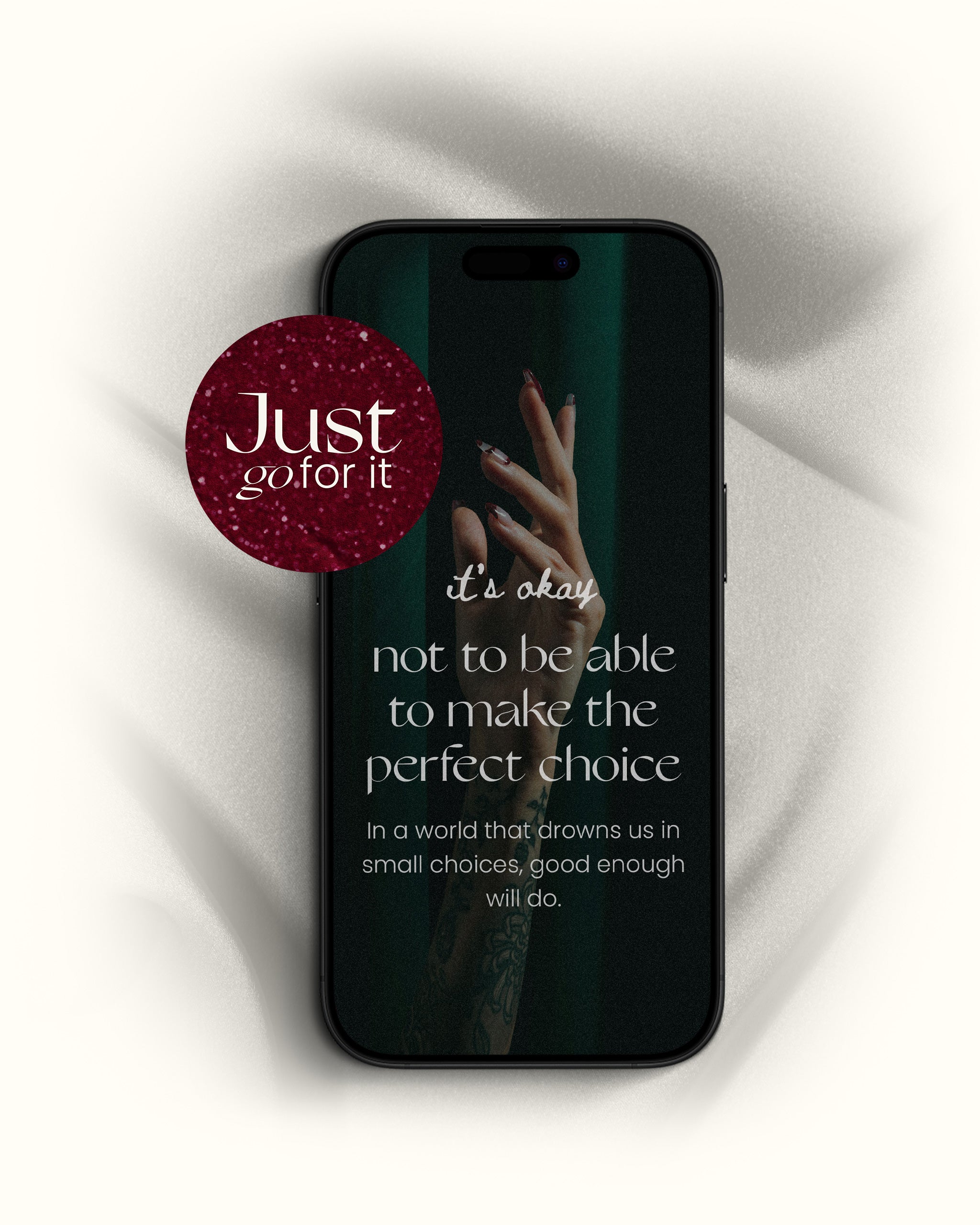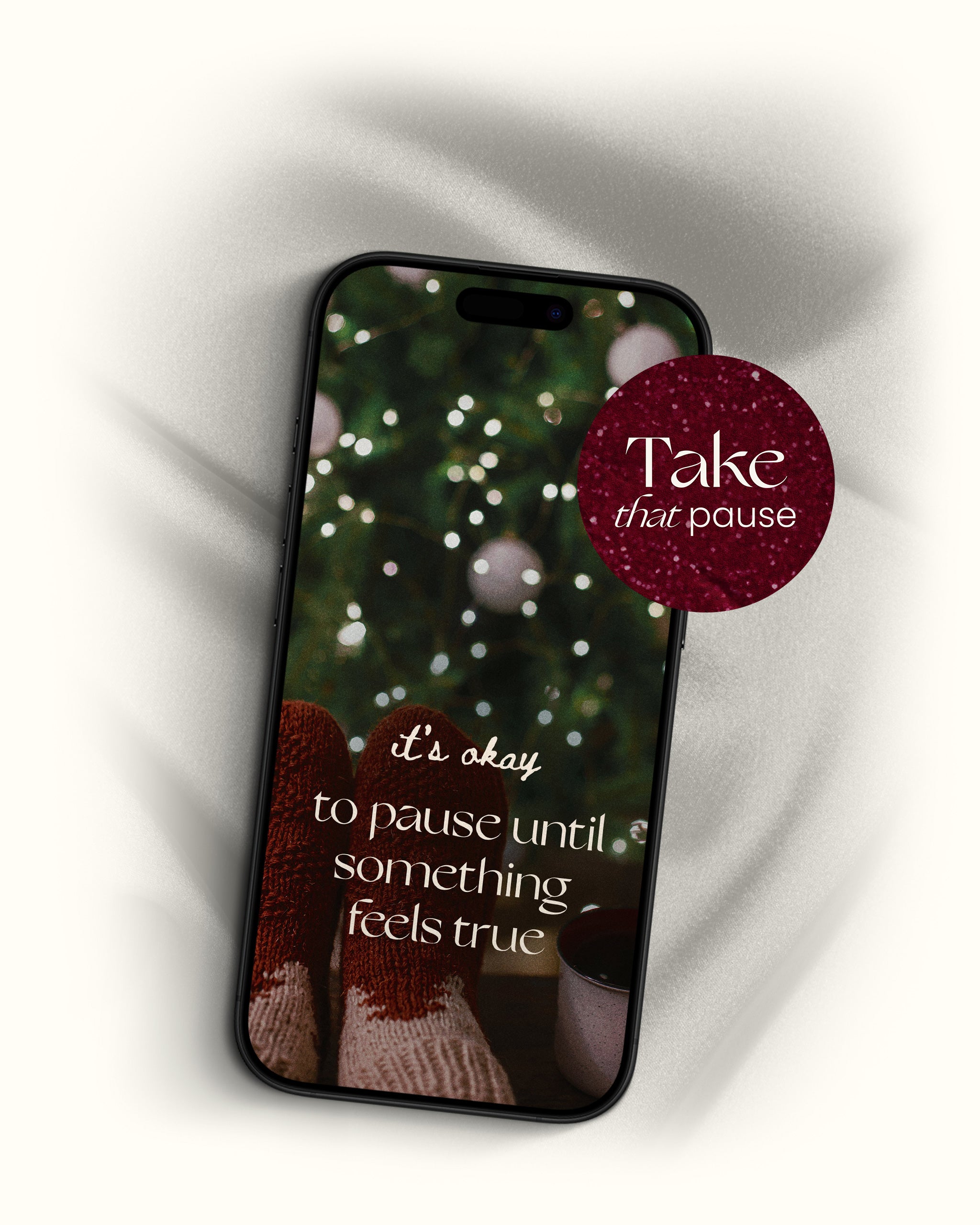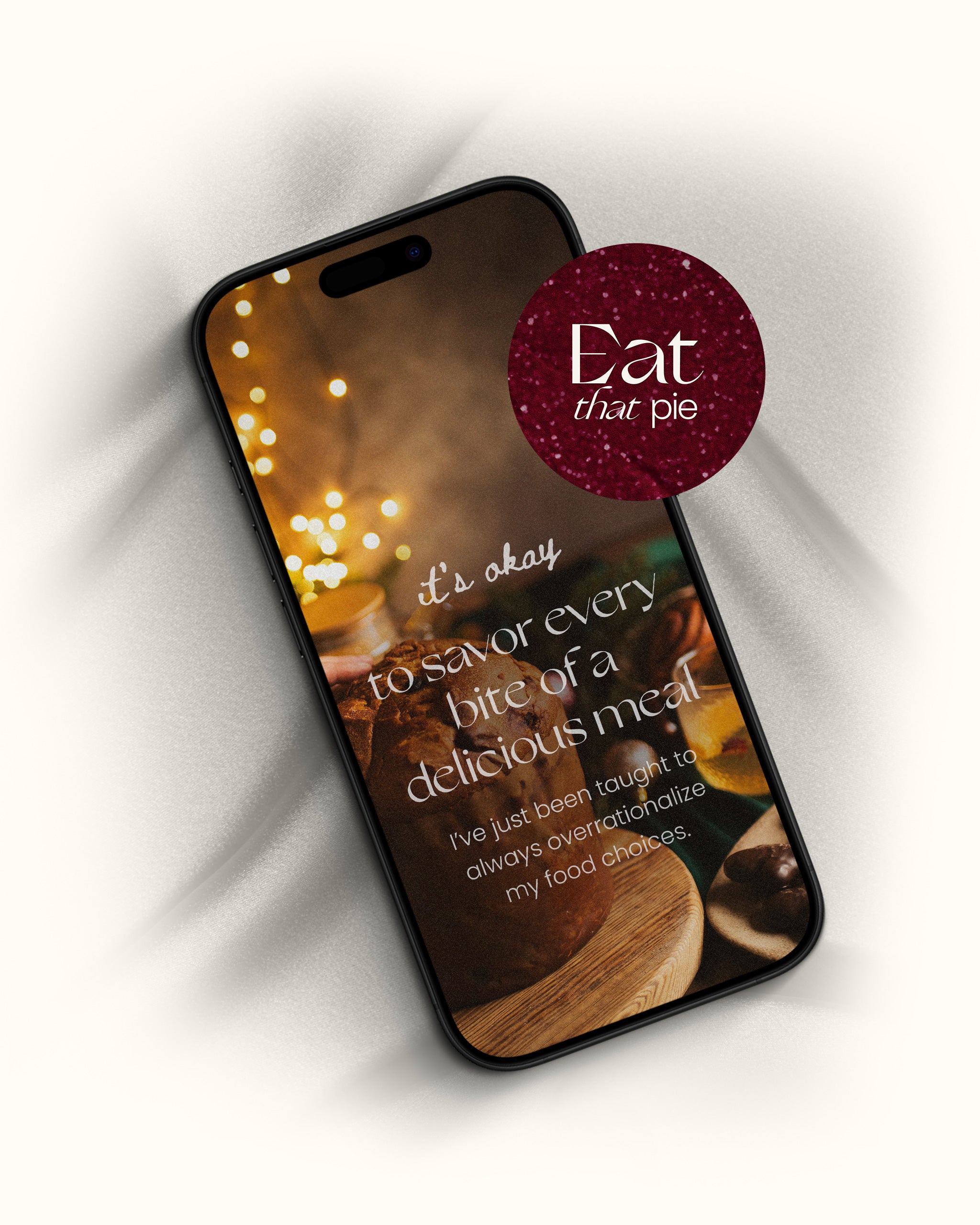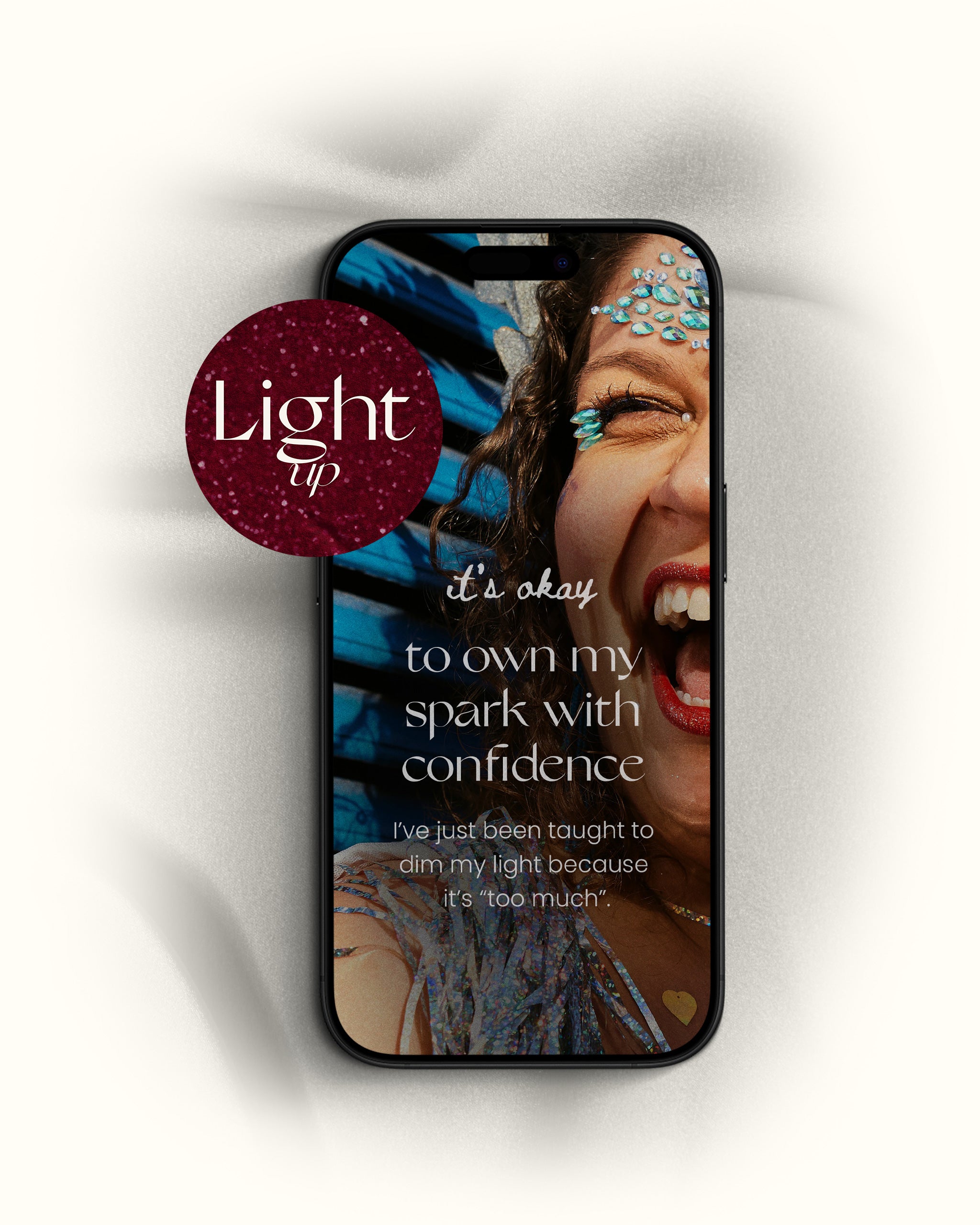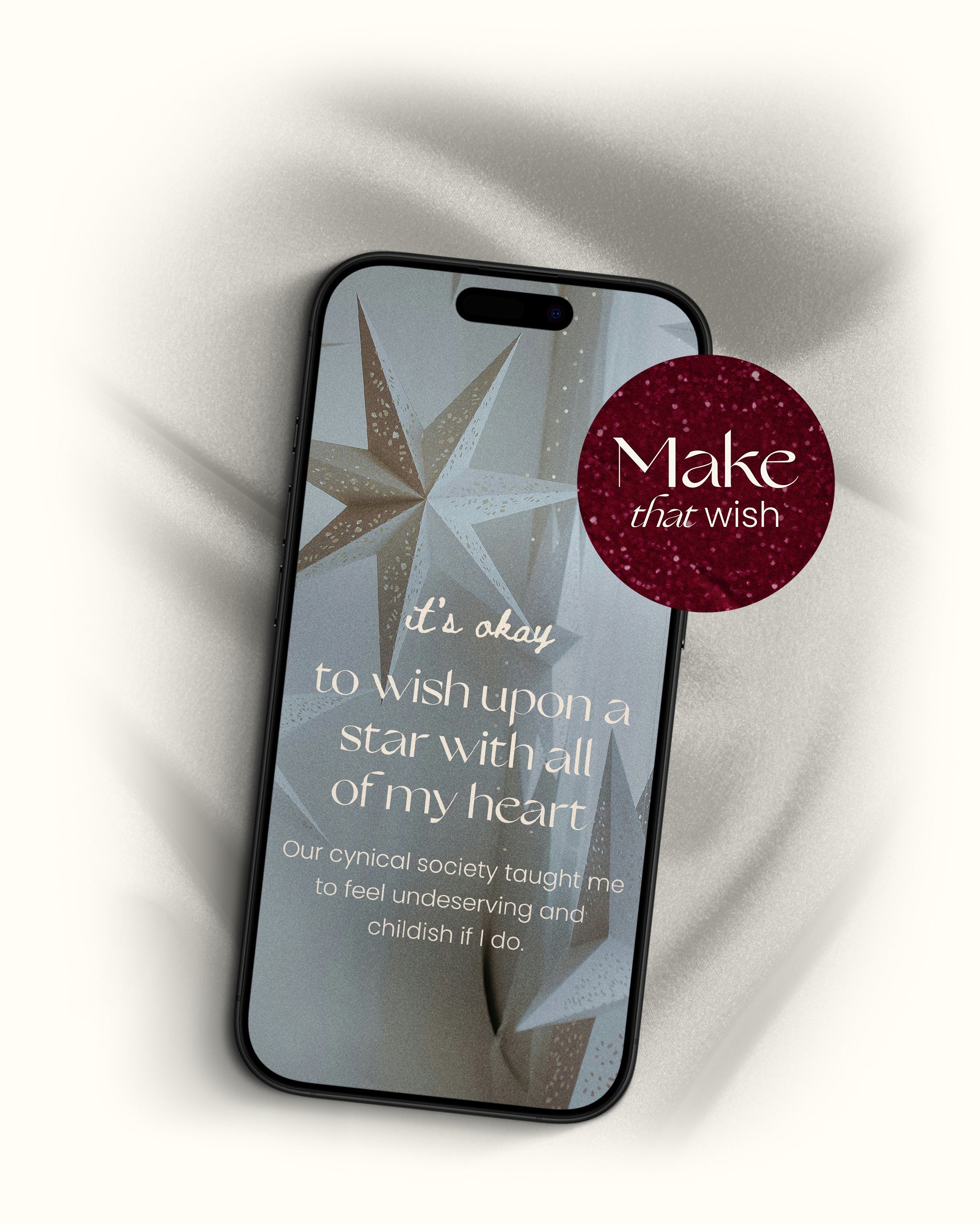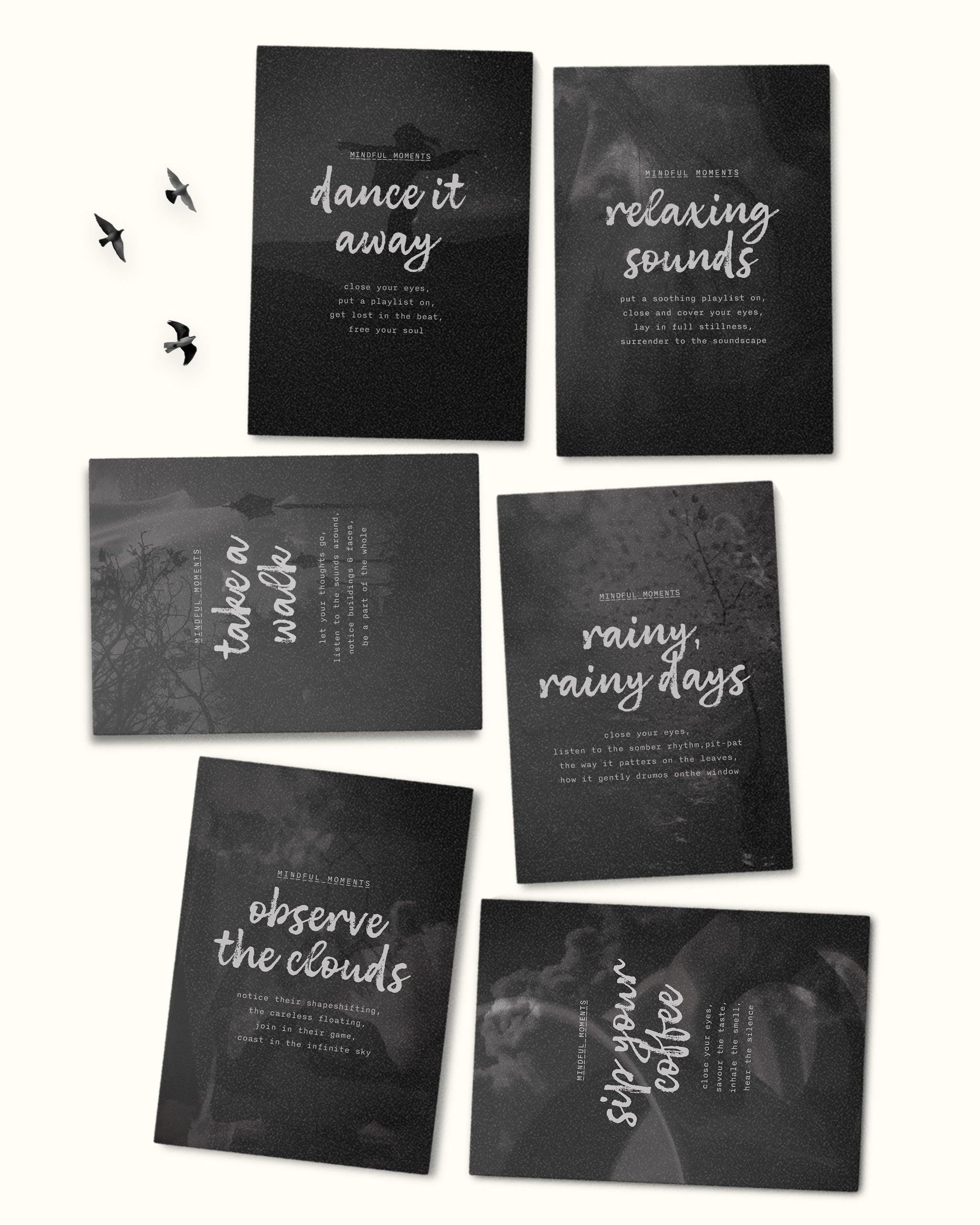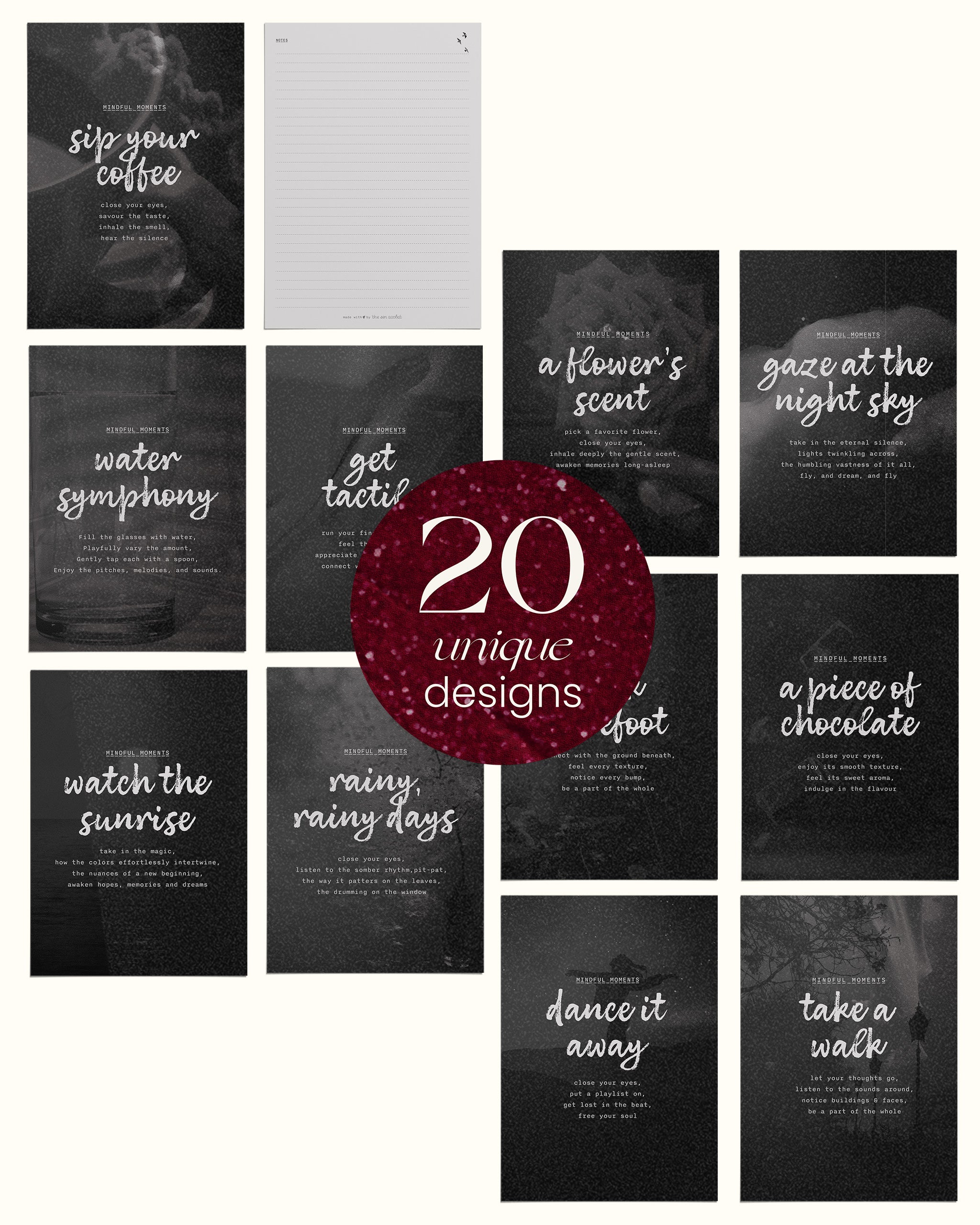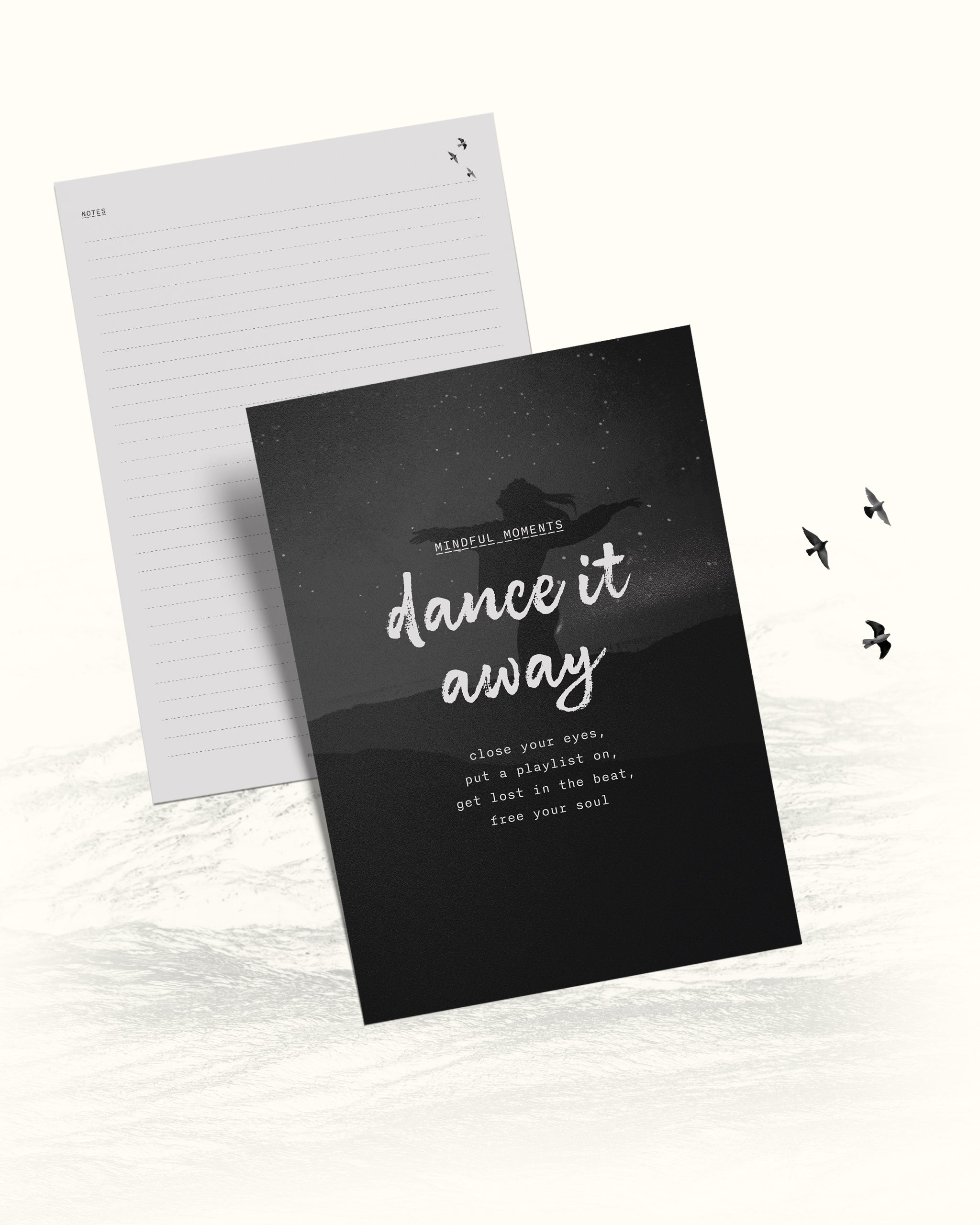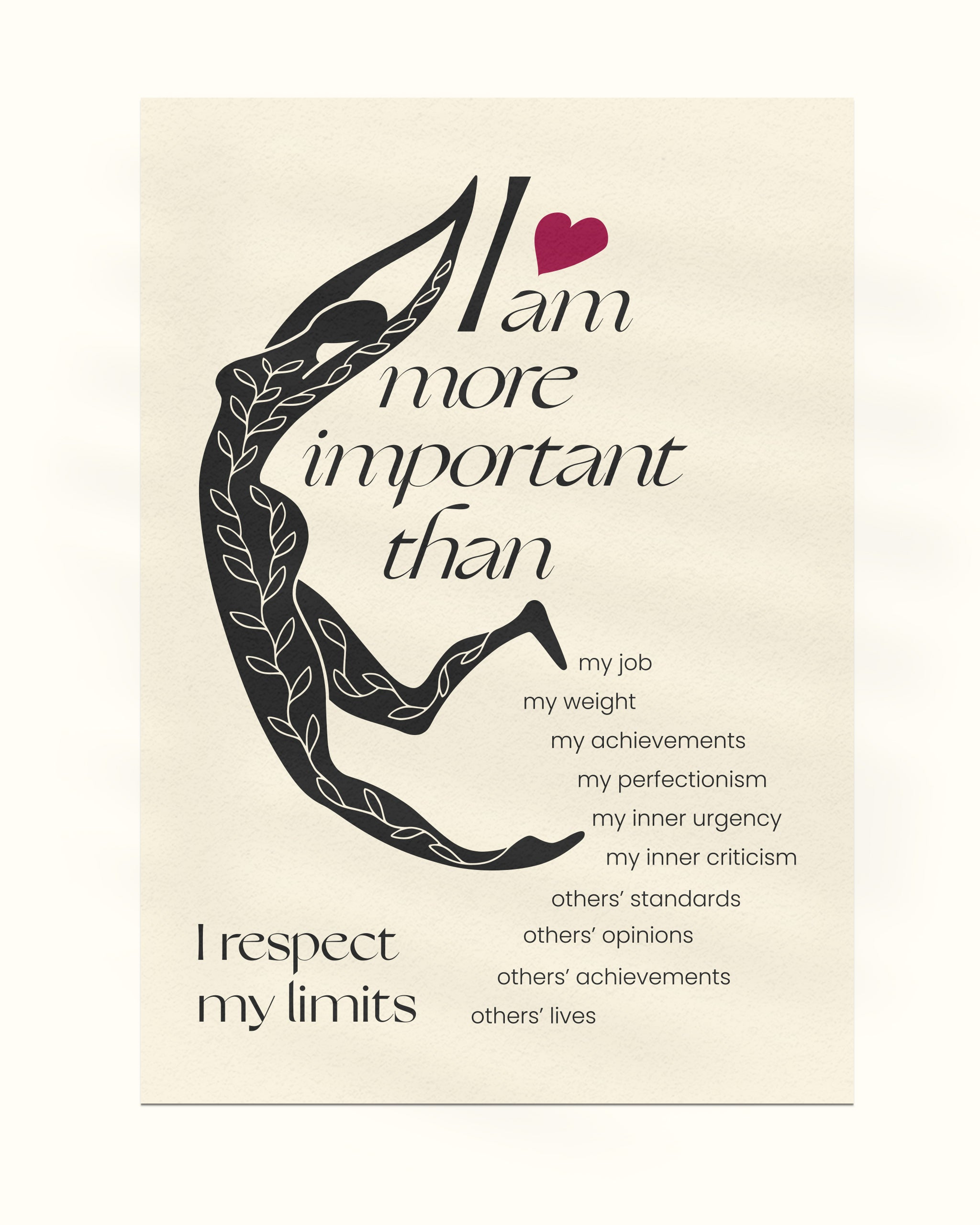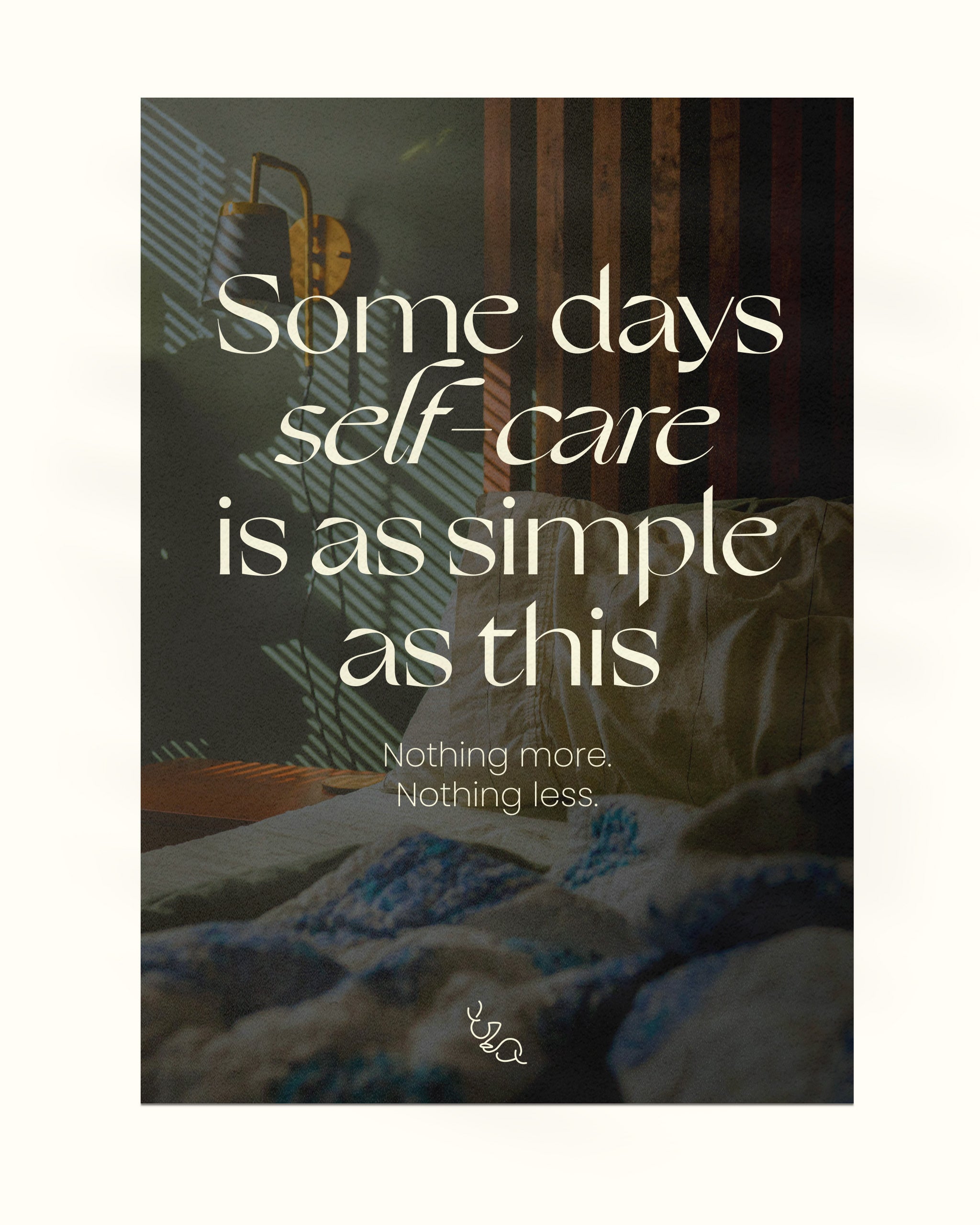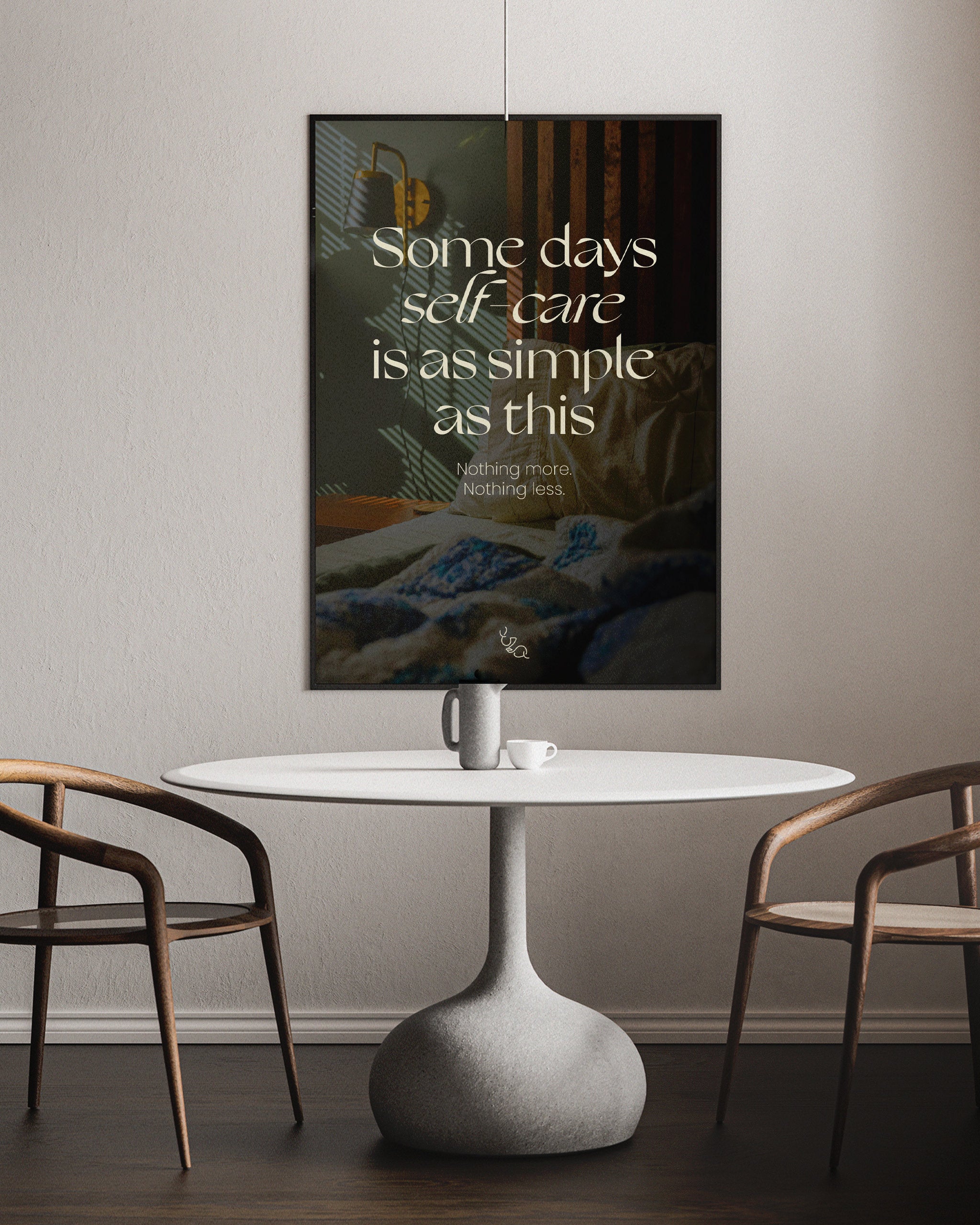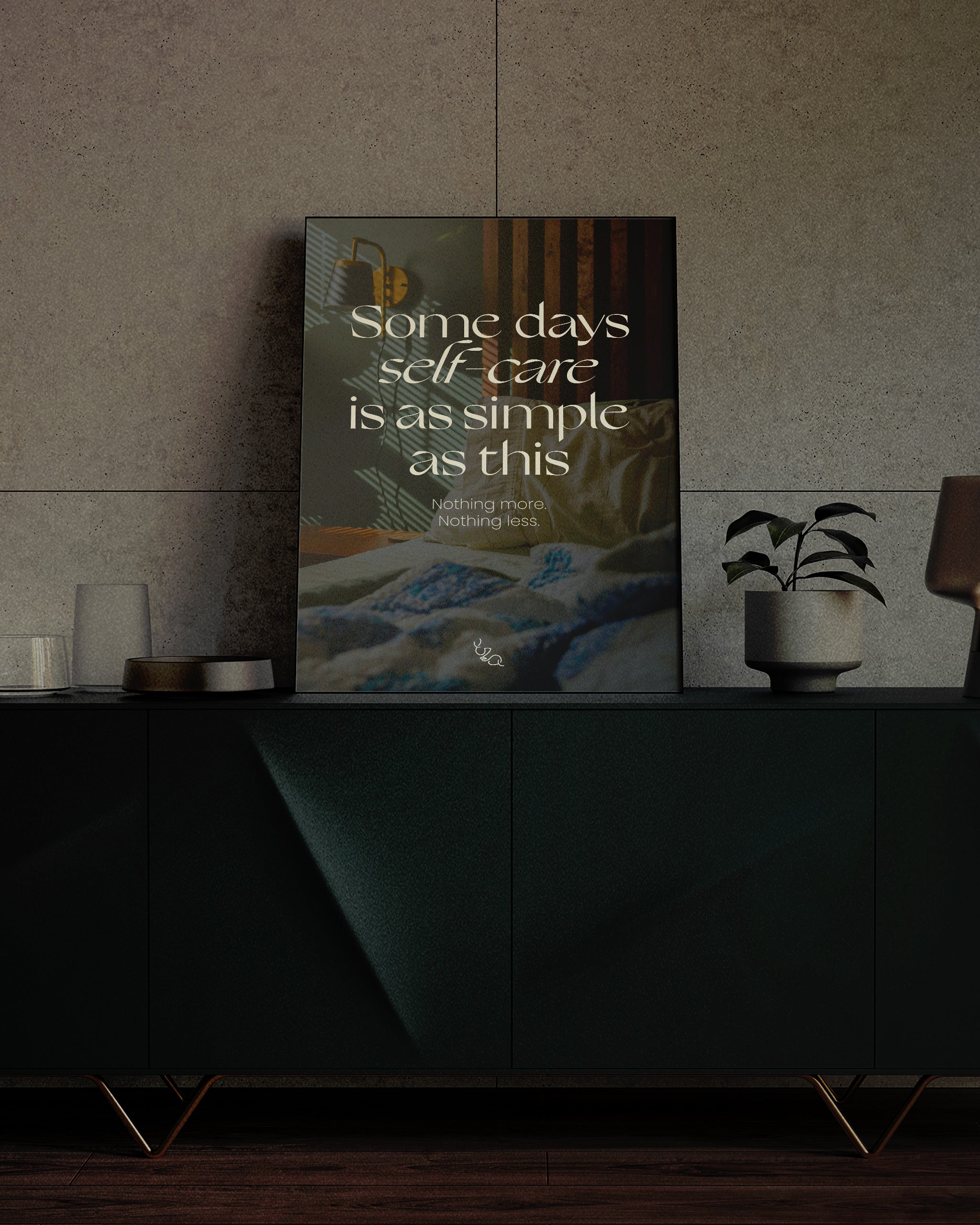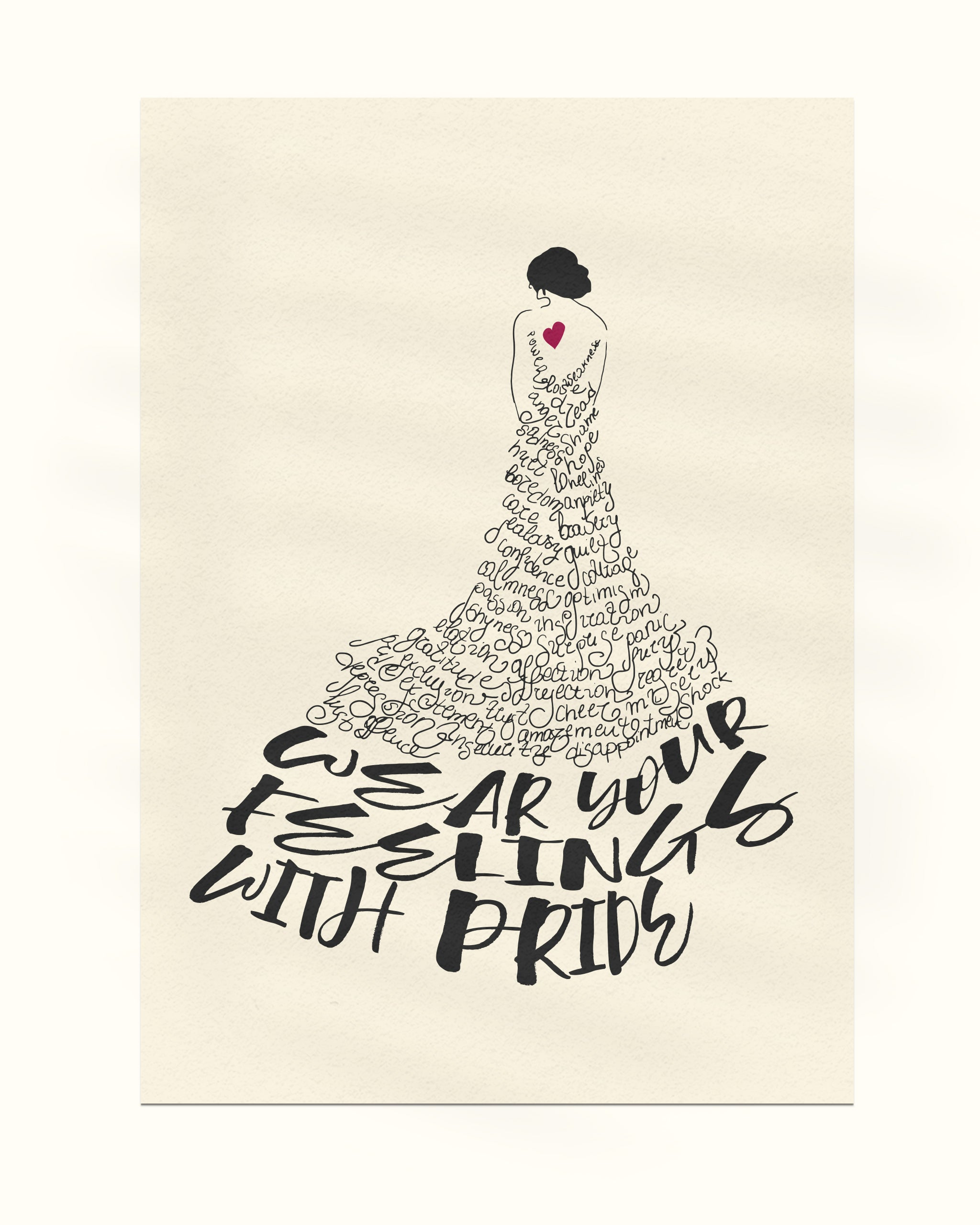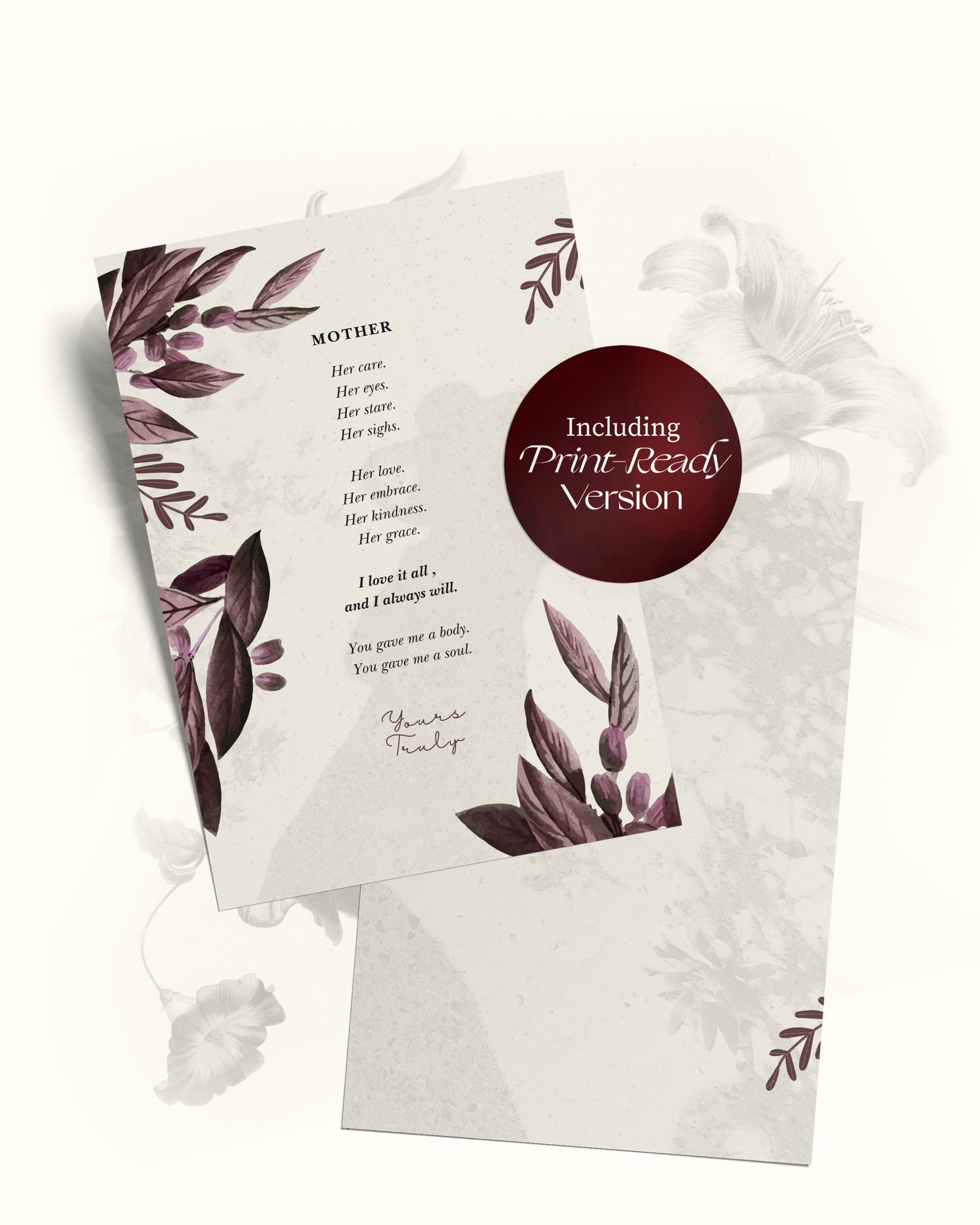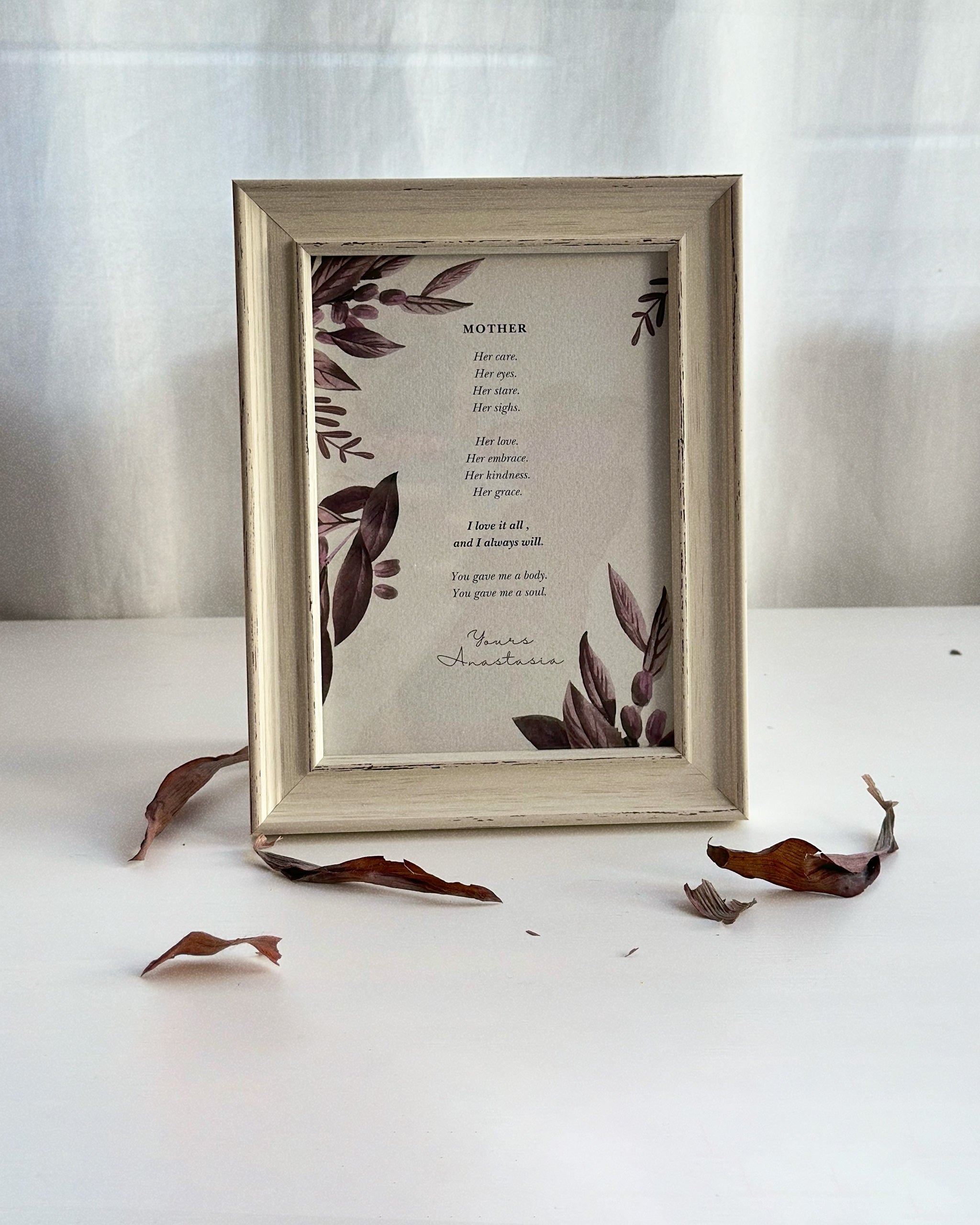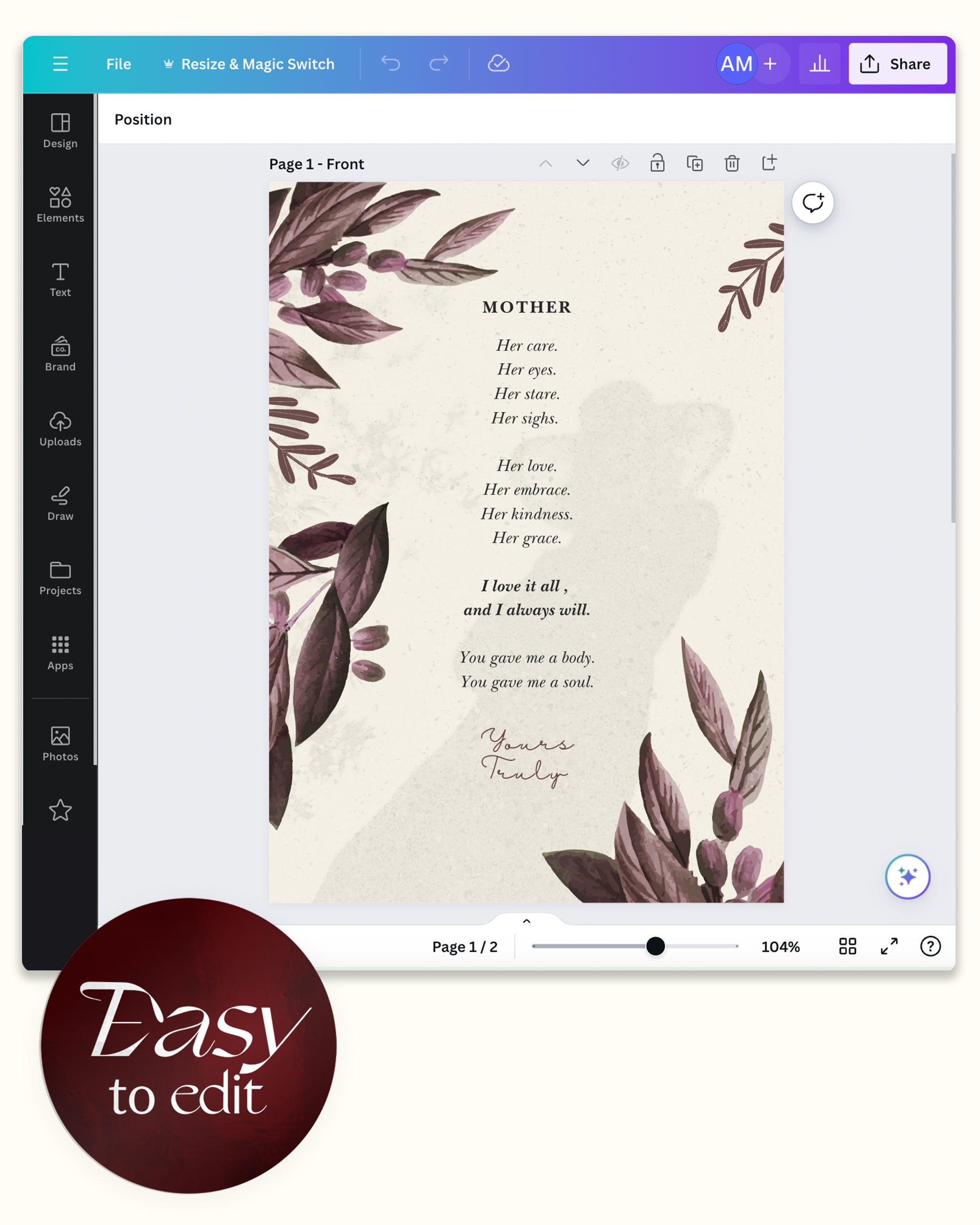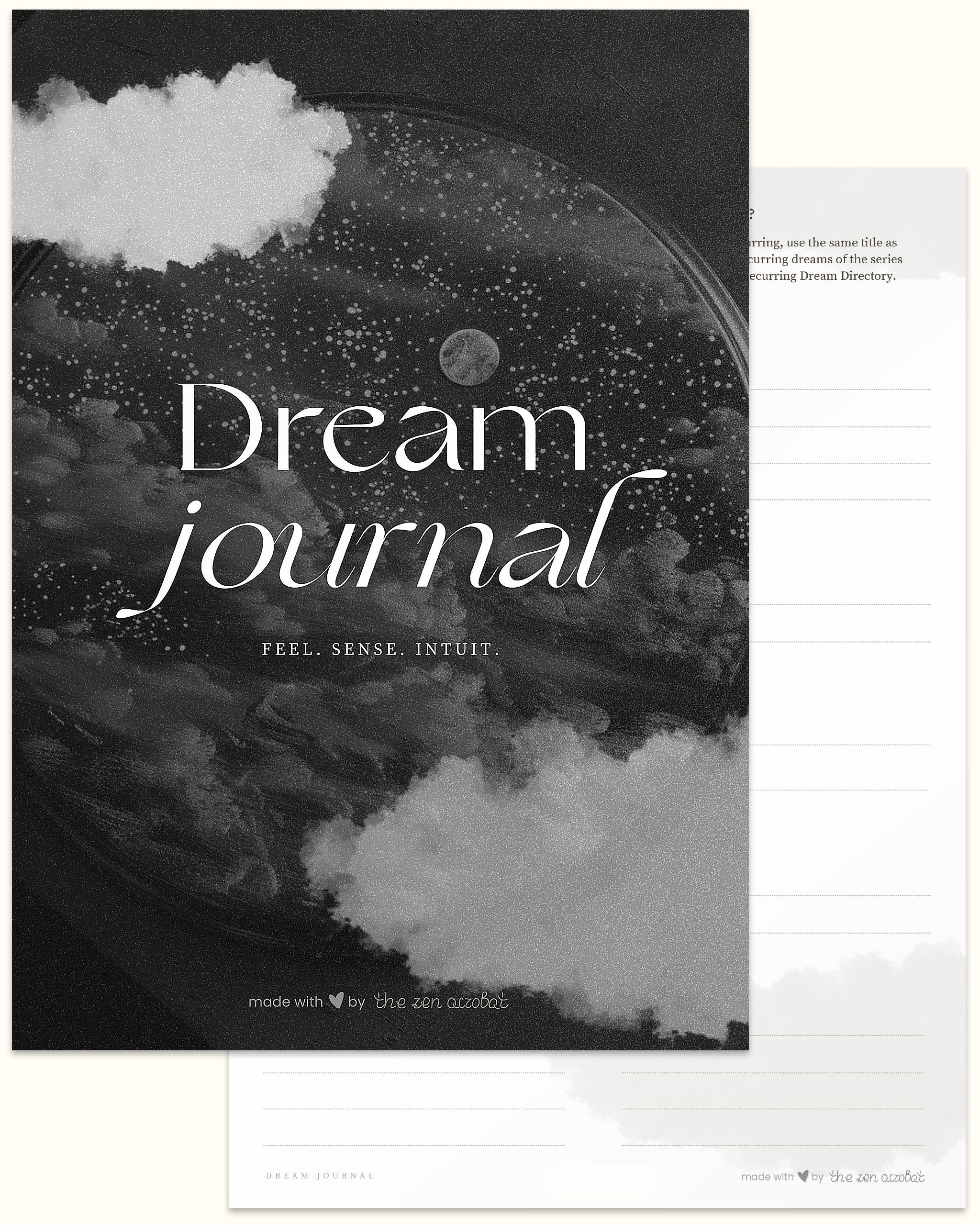to affirm or not to affirm,
is the question of the day
positive affirmations for stress and anxiety, and self-love
Positive affirmations are everywhere, promising mindset shifts and boosting self-esteem. For some, they can be helpful tools for emotional balance and goal alignment.
But what if they don't work for you? Well, that's completely fine. In fact, most research shows that when we're dealing with difficult times, positive affirmations might actually have negative effects (check the resources at the end of the article).
Back when I was struggling with anxiety, I tried positive anxiety affirmations. They weren't as effective, for me personally, as therapy and mindfulness work. And finding what words resonate with my own self.
Hope you enjoy my poem,
as always, it comes from the heart.
To affirm or not to affirm?
Everywhere I turn,
I see bold phrases that whisper promises:
You can be a superwoman.
Without a single negative thought.
With endless self-love & self-belief.
Without chaos, forever in alignment.
Re-wired.
Fixed.
Unbroken.
Hacked.Just repeat.
Repeat.
Repeat.
And somehow,
if you fail to reach enlightenment,
well,
it’s your fault, isn’t it?I remember vividly a time,
when day after day,
morning after morning,
evening after evening.
I kept repeating words I didn’t believe.
They didn’t feel genuine.
They felt forceful.
They reminded me of what I lacked.
They brought more pressure than peace.But I was used to it.
I knew how to fight through.
I knew discipline.
So I kept on going,
day after day,
morning after morning,
evening after evening.
And when my life didn’t magically transform,
I felt broken.What helped me, you ask?
I started looking within.
I started looking for my own precious words,
my whispers,
that fueled me with hope,
and determination,
but were also soothing and accepting.
Words that brought a sense of softness,
not pressure.I realized,
that what I had been repeating,
day after day,
morning after morning,
evening after evening,
those were things that I wanted,
or thought I wanted,
or thought someone else wanted,
Not what I needed.
Right now.
In this moment.I accepted that sometimes
“I am happy” is simply not true.
That sometimes “I am sad” is also perfectly fine.
That sometimes “I’m worthy” doesn’t ring true,
and it’s okay.
The moment I started accepting it,
understanding it,
my whole heart softened.It let in the beauty,
positivity,
color,
sometimes sad,
sometimes happy.But always true.
reflections
The structure of this poem reflects my own journey of self-acceptance and self-love. I remember, when I started struggling with anxiety, I was desperate to find a way out.
Positive affirmations for stress, anxiety and self-love, inner peace, etc. seemed like a great thing for someone as disciplined as me. I tried, for a long time (here, I've purposefully used the repetition "day after day, morning after morning, evening after evening") to use them as a magic pill. Listen, I've always been taught that discipline can solve anything. I always thought that you can calculate and hustle your way out of everything. Following instructions coming from those you consider authorities (which is very problematic in the days of the internet) seemed like the way to do it.
So, this is why, when I was repeating affirmations that didn't feel true (some of the referenced articles below point it out), I hoped that one day they would. I kept trying to tame my mind, forcefully establish balance, and program myself into peace. I hoped for days and days and days. And it just didn't work out.
Then I felt even more broken. How do all of these people on the internet get to become mega Buddhas, and I couldn't? They said discipline and daily practice were key. I had that. Ohhhh..dear, dear, dear.
In one of my therapy sessions, my therapist told me that not all healthy people meditate daily. For some yoga might be the golden solution to everything, but not for me. She advised me to try not do anything with the sole purpose of being better. To FEEL what recharges me. To let my FEELINGS guide me to the activities and words that naturally give me peace.
So most my "positive anxiety affirmations" didn't come from the outside. They came just randomly and naturally as I was going through difficult situations and speaking to myself. I "foraged" some of them on the outside as well, but again interpreted them in my own way.
All of them had one thing in common, they were based on acceptance: of me, of the situation, and they felt soft & soothing.
Some of them you can see in the affirmation cards I created, others still come to me daily and I put them as quotes on my social media or on products I create. I hope you can take them and make them your own.
But I aim to never, ever, ever inflict blame or "strictness" onto you. I hate it!
Because, ultimately, you know best.
useful resources
I tend to speak better in poetry than in science, but below is a list of resources I found useful when coming up with the concept of this poem.
A very to-the-point read with scientific back-up which talks about the impact of positive affirmations on people who have low self-esteem and the impact of the so self-verification theory (Swann, 1983; in press; Wikipedia, 2007):
For example, recent research suggests that the positive affirmations that are the stock in trade for the self-help industry are ineffective for the people who need them most. In fact, when people with low self-esteem recite positive affirmations, they actually feel worse (Wood, Perunovic, & Lee, 2009).
Definitely doesn't beat around the bush with very strong points. He also mentions the negative impact of positive affirmations on people with already low self-esteem, but also notes that not all positive affirmations are made equal:
“Not all affirmations are equal. If an affirmation is perceived as exaggerated, then not only could it not be helpful, but the results could be negative. It can’t feel too Pollyannaish. It can’t feel too far out of someone’s reality,” says Sherry Benton, chief science officer of TAO Connect (a digital platform that gives people easy access to recovery treatments) and professor emeritus of psychology from University of FloridaA milder view on the topic with some suggestions on how to make them work for you, such as making them as realistic and as true to you as possible:
Affirmations can be about anything, so why not get creative and consider ways to make yours as specific as possible?
Many people find it helps to link affirmations to core values, such as kindness, honesty, or dedication. This can help you remain focused on the broader picture of what really matters to you.
-
Steimle, J., 7 Reasons Positive Affirmations Aren't Working For You
A milder view as well, with some interesting discussions at the end

